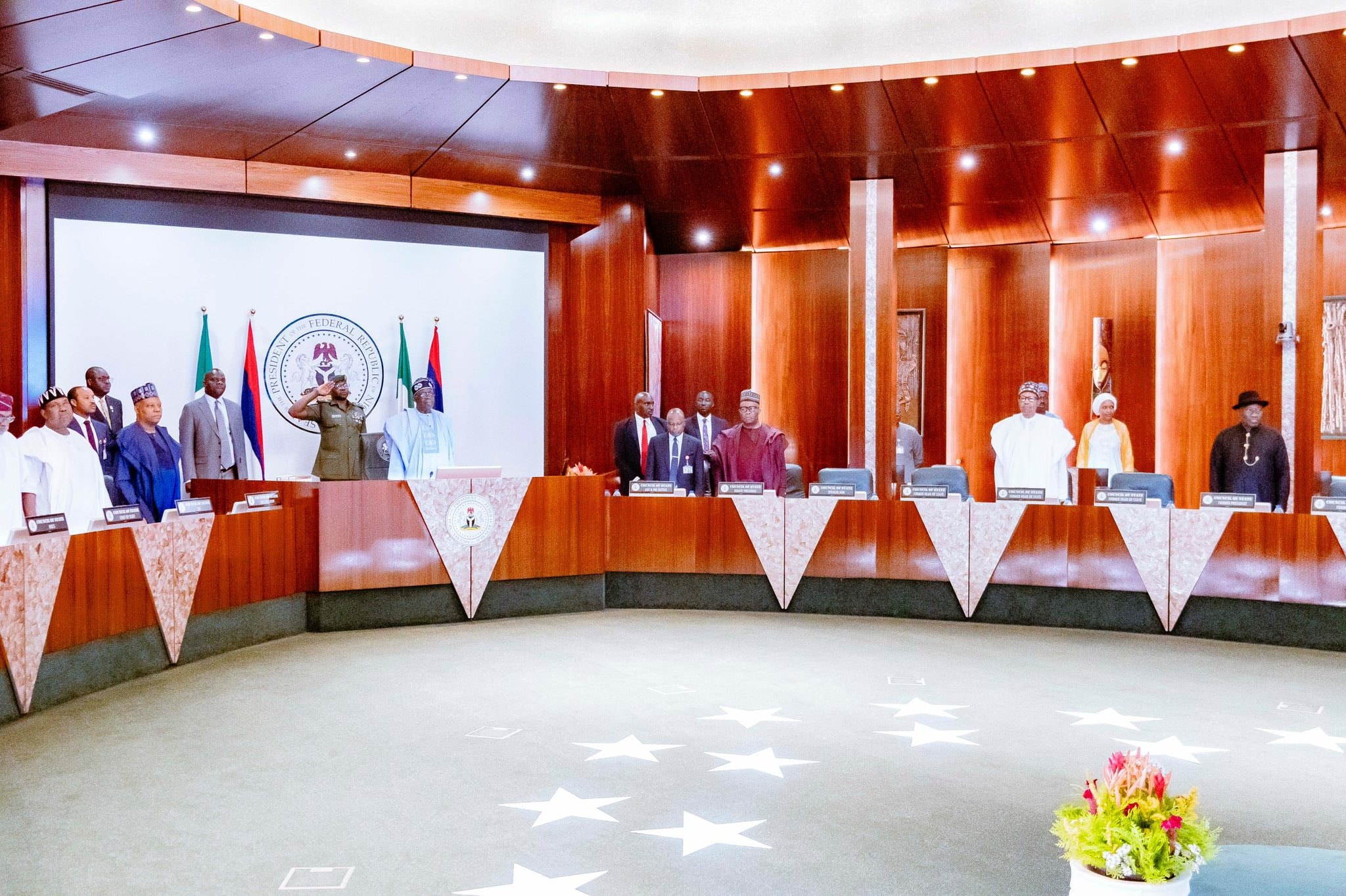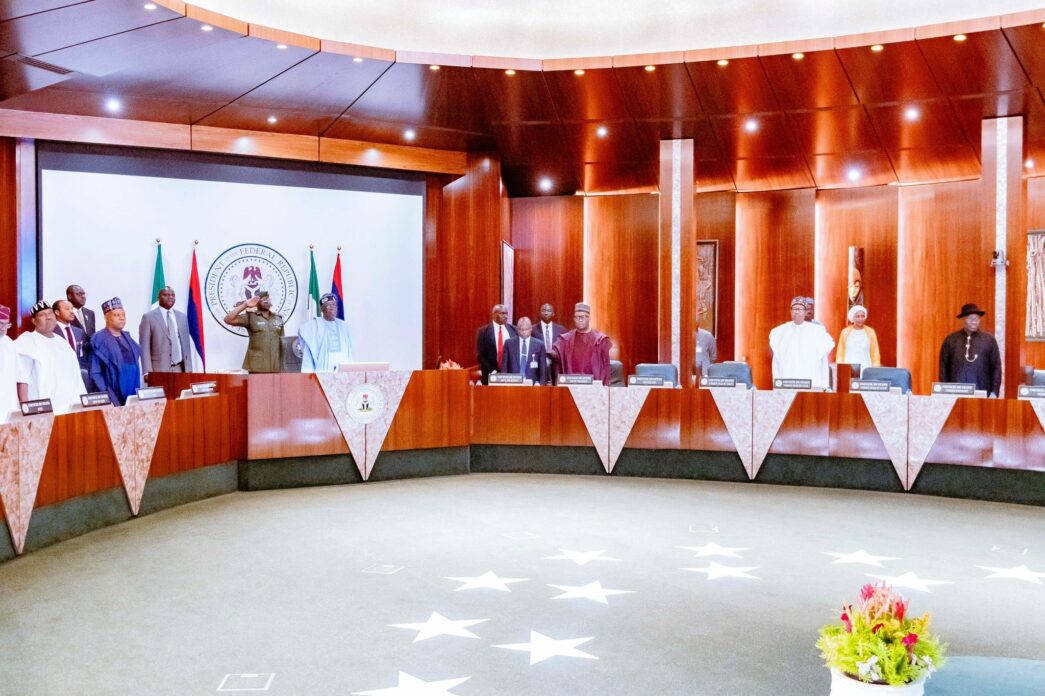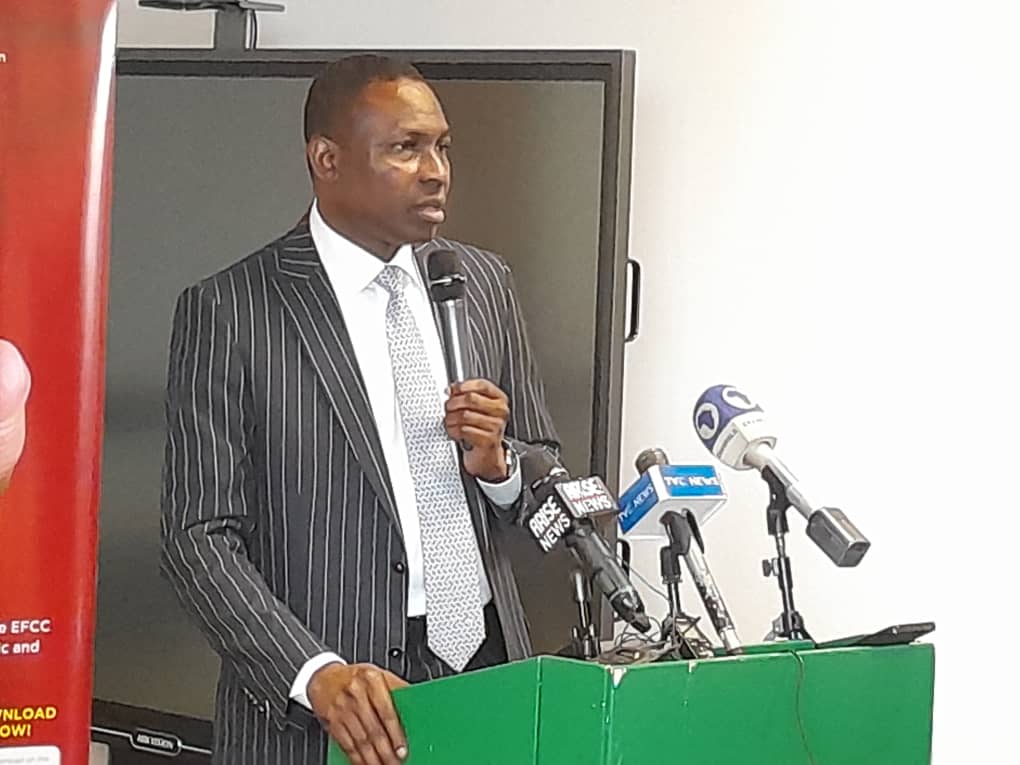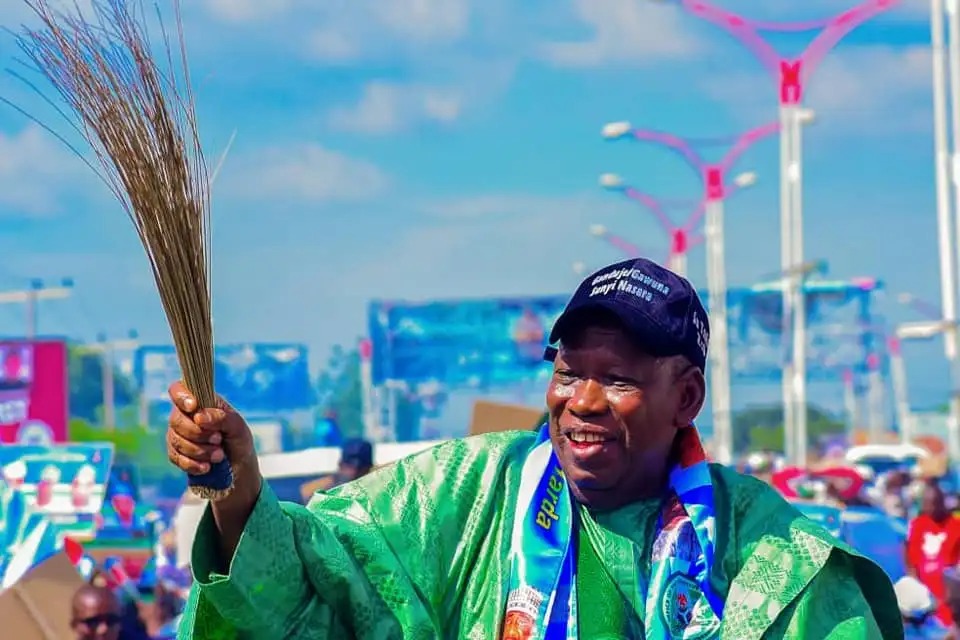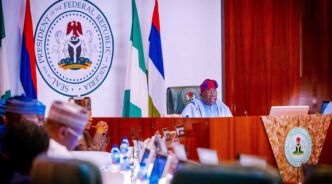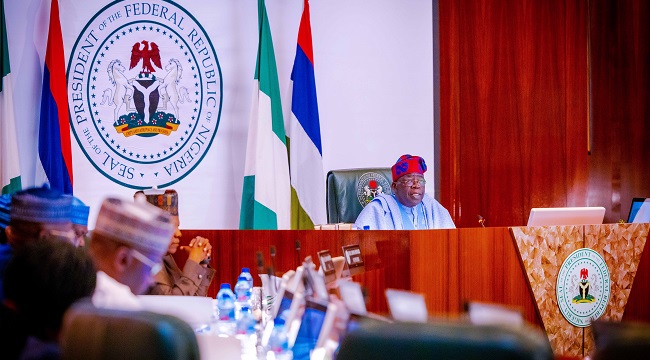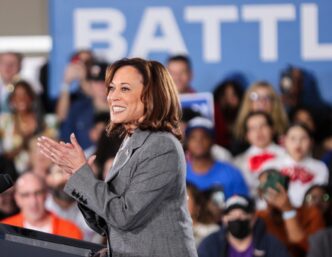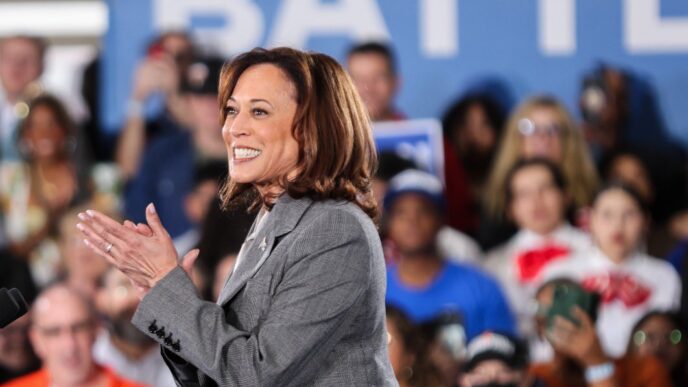Recently President Bola Ahmed Tinubu granted audience to a group of eminent Nigerians who call themselves ‘’The Patriots’’ (as if the rest of us are not) at the Aso Presidential Villa. They were led by former Commonwealth Secretary-General Chief Emeka Anyaoku and the subject matter of the meeting was the issue of a new Constitution which the group believes Nigeria should have.
According to Chief Anyaoku the group had convened a colloquium sometime in March this year which was attended by Nigerians representing various interests. And after exhaustive deliberations it was decided that a comprehensive proposal be presented to President Tinubu urging him to send an executive bill to the National Assembly for a new Constitution for the country.
At the meeting with the president, the group asked the president to insert two requests in the executive bill to the National Assembly; to convene a National Constituent Assembly which will be made up of elected representatives from each state of the federation that will deliberate on the group’s proposals for a new constitution, and for a national referendum on the new constitution.
For an issue of such fundamental importance the group should expect that Nigerians would raise pertinent questions regarding their modus operandi including how they arrived at their conclusions and whether those conclusions may not results in more questions than answers.
Advertisement
First off, granted that the group is a sort of private ‘’Constitution Drafting Committee’’, how did it arrive at constituting itself? Is it through random selection by the ever growing rank of the former ‘’this and that’’ in the Nigerian political firmament now probably bored out of their wits in retirement or banishment to the fringes of happenings in the political scheme of things and looking to re-establish themselves opportunistically using a key unresolved issue in the Nigerian political stakes?
Another pertinent question is which interest did the individually or collectively represent in the vast and diverse Nigerian political horizon? And who and which other groups of Nigerians did they consult, engage and discuss with in the course of their deliberations? And do they honestly think that a colloquium of a few days deliberation will be enough to put together a truly comprehensive set of proposals that will capture the yearnings of Nigerians for a more sustainable and enduring political structure?
Then let us come to the members themselves. At what point did persons like former governors Olusegun Osoba and Boni Haruna, Senator Shehu Sani, deputy governor and former minister Labaran Maku and public officers like Chief Ben Obi realise that the present Constitution we are running was not a ‘’peoples constitution’’? What has convinced them now that the same constitution under which they canvassed for votes, got elected and ran public offices is an erratic document and needs to be changed totally? Does that not constitute an indictment on their part that they are finding faults in a document under which they conveniently used to climb to power and reckoning in the past?
Advertisement
For eminent statesman Chief Anyaoku is it not that India and Canada the two examples you gave as democracies that have endured over the years have never changed their constitutions? As a former Secretary-General of the Commonwealth you will surely know that these two countries who belong to the organization have been operating the parliamentary system for years now without blemish and that the reasons for this is down to the strict observance compliance to the rule of law and tenets of democratic behaviour by their political elites?
And to the proposals, why present it to president Tinubu and ask him to forward it as executive bill to the National Assembly? Why not present it to direct to the National Assembly where it will end up eventually anyway rather than go the circuitous route through the president? Was the Committee put together by the president such that it feels it owes an obligation to present its report to him and not the National Assembly? Does it have to do with the fact that with an all too pliant and ‘’rubber stamp’’ National Assembly, president Tinubu can expect to get this ‘’working-to-the-answer’’ proposal of the sponsors of the group if he sends it as executive bill instead of an open one? Yet again on the proposals, is the group not aware that asking the National Assembly to agree to the setting up of a ‘’National Constituent Assembly’’ effectively makes the legislature irrelevant on a matter that should be its own to handle constitutionally? Who and under which authority and arrangement will elections into the constituent be conducted? And will the candidates for election into the constituent assembly be on party basis or on a no party basis? With Nigerians now complaining audibly that the National Assembly is too submissive to President Tinubu, wont the constituent assembly be more so considering that the president will definitely have a say not just in who gets elected but also in how it is constituted if the election and constitution of the assembly is conducted on a non-party basis?
Although the intentions of ‘’the Patriots’’ may have been noble it must be stated that when subjected to critical scrutiny, the way and manner the group has conducted its affairs opens more questions than answers.
For an effort that seeks to effect a change in our political grundnorm the conduct and proposals of the group on this issue are not rigorous enough to do the job. To me and many Nigerians, this looks suspiciously as an effort to surreptitiously hand over to President Tinubu the power and opportunity to change the constitution and restructure the country in a sleight-of-hand manner bypassing the National Assembly where even though he is in control of its leadership he knows he cannot hope to succeed regardless of his best efforts. If Nigerians allow this to succeed, president Tinubu would have bought himself more time and opportunity to snuff out our democracy and to continue his harsh economic policies unfettered. By this, the National Assembly which is a constitutionally recognised arm of government, the political parties and even the governors will be subsumed under a Tinubu grand presidency.
Yes Nigeria needs fundamental constitutional changes and political restructuring, but this should be done in a structured, inclusive and transparent manner for the benefit of all Nigerians and not for the megalomaniac designs of one man and his closed circle of ‘’yes’’ men.
Gadu can be reached [email protected]
08035355706 (Texts only)
Advertisement
Views expressed by contributors are strictly personal and not of TheCable.
Add a comment

